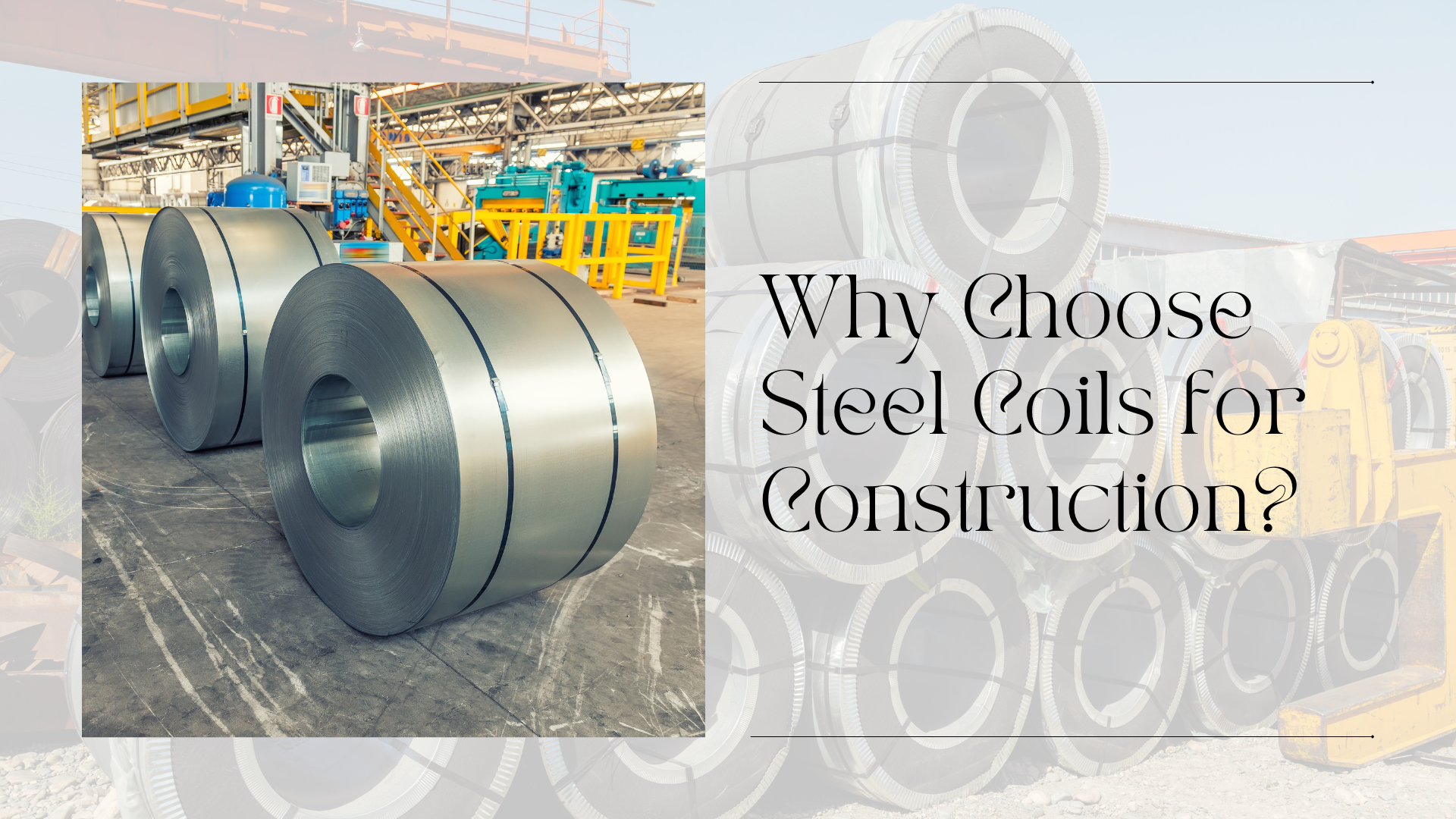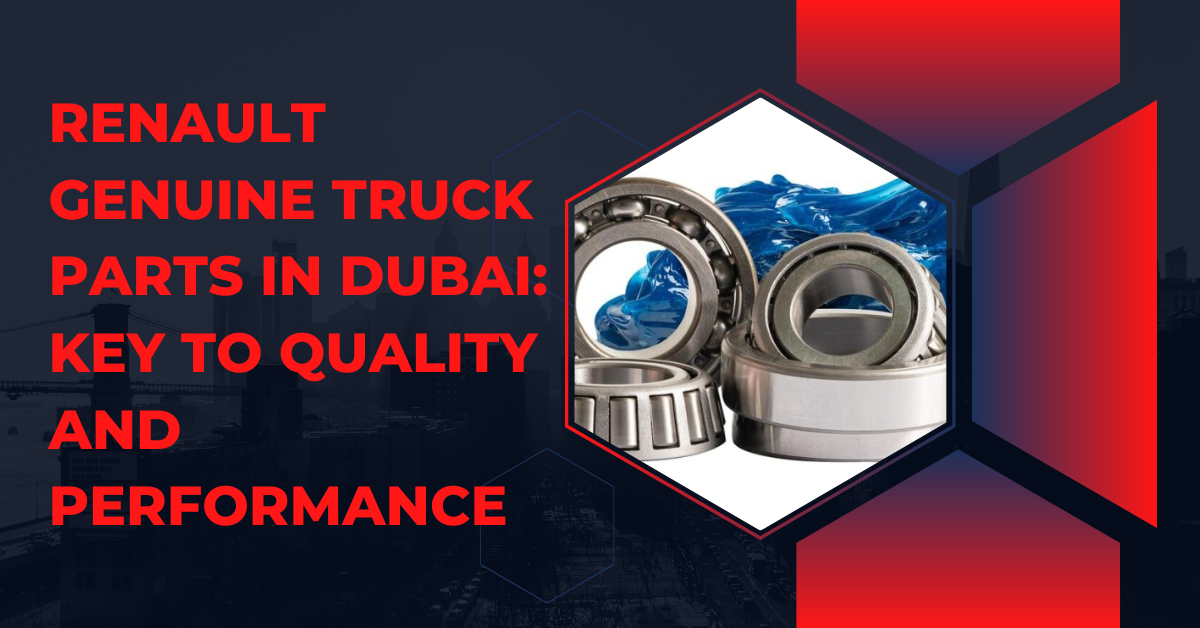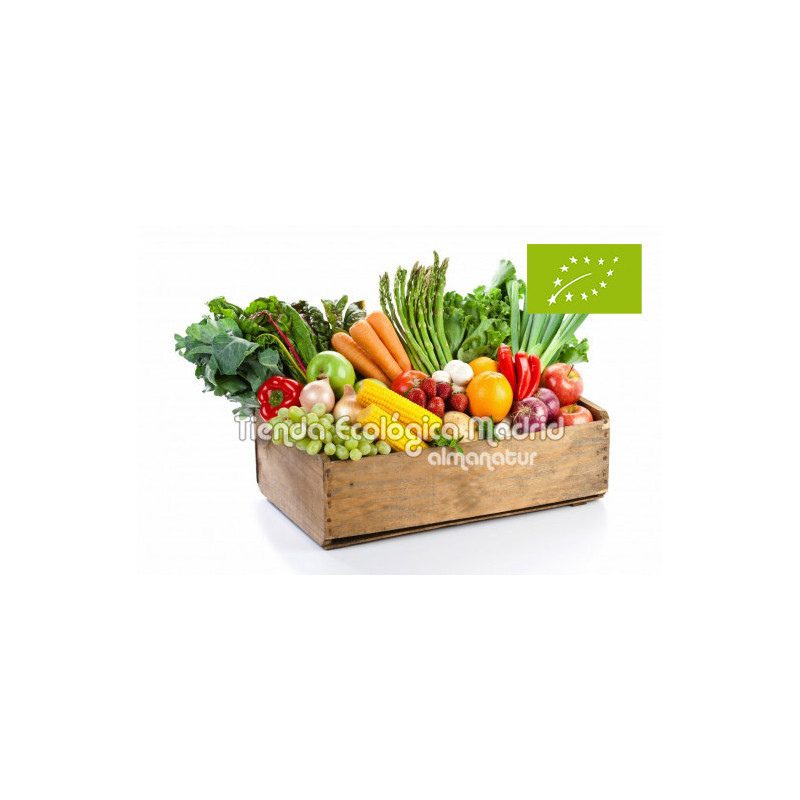Steel coils are fundamental components in the construction industry, valued for their versatility, strength, and efficiency. They are rolled sheets of steel, produced in large quantities and available in various grades and specifications. This article explores the reasons why steel coils are increasingly chosen for construction projects, examining their properties, applications, and benefits in detail.
Understanding Steel Coils
What are Steel Coils?
Steel coils are flat rolled steel products produced by hot or cold rolling processes. They come in two main types: hot-rolled coils and cold-rolled coils. Hot-rolled steel coils are produced at high temperatures, making them easier to shape and form. In contrast, cold-rolled steel coils are processed at room temperature, resulting in a smoother surface finish and tighter tolerances.
Note: When builders sought high-quality materials, they turned to Steel Coils from Sydneymetaltrading. Our reliable supply ensured that their projects met industry standards, showcasing durability and strength. Contact us today to explore our extensive range of steel products that can elevate your construction efforts!
Types of Steel Coils Used in Construction
- Hot-Rolled Steel Coils: These are commonly used in structural applications due to their strength and durability. They are ideal for construction projects where steel is required in bulk, such as beams, columns, and girders.
- Cold-Rolled Steel Coils: These coils are often utilized in applications requiring precision and a high-quality surface finish, such as roofing, siding, and interior panels.
- Galvanized Steel Coils: Coated with a layer of zinc, galvanized steel coils are resistant to corrosion, making them suitable for outdoor and humid environments.
- Stainless Steel Coils: Known for their excellent corrosion resistance, stainless steel coils are used in specialized construction applications, particularly in environments that require sanitary conditions, such as hospitals and food processing facilities.
The Advantages of Using Steel Coils in Construction
Strength and Durability
One of the most significant advantages of steel coils is their exceptional strength and durability. Steel has a high tensile strength, allowing it to withstand heavy loads and resist deformation. This makes it an ideal material for constructing beams, columns, and frames that support buildings and other structures. Moreover, steel coils maintain their structural integrity over time, reducing the need for frequent repairs and replacements.
Cost-Effectiveness
Using steel coils in construction can be highly cost-effective. While the initial investment may be higher than other materials, the long-term savings in maintenance, repair, and durability make steel a wise choice. Steel coils allow for efficient fabrication and construction processes, reducing labor costs and project timelines. Additionally, the recyclability of steel coils contributes to a lower environmental impact, appealing to eco-conscious builders and developers.
Versatility and Flexibility
Steel coils are incredibly versatile, allowing for a wide range of applications in construction. They can be easily cut, shaped, and welded to meet specific project requirements. Whether it’s creating intricate designs for architectural elements or forming structural components, steel coils can adapt to various needs. This flexibility enables architects and engineers to push the boundaries of design while ensuring structural integrity.
Lightweight Properties
Despite its strength, steel is relatively lightweight compared to other construction materials, such as concrete and brick. This characteristic simplifies transportation and handling on construction sites. Lightweight steel coils can be easily maneuvered, leading to faster installation processes. Moreover, the reduced weight of the steel framework allows for more efficient foundation designs, saving costs and resources.
Applications of Steel Coils in Construction
Structural Applications
Steel coils are widely used in structural applications, forming the backbone of many buildings and infrastructure projects. Their strength and durability make them ideal for constructing:
- Frames and Beams: Steel coils provide the necessary support for structures, ensuring they can withstand the loads and forces applied during their lifespan.
- Bridges: The lightweight properties of steel coils facilitate the construction of long-span bridges, while their strength ensures stability and safety.
- High-Rise Buildings: Steel coils allow for the creation of tall structures that require high-strength materials to support multiple floors and heavy loads.
Roofing and Cladding
Steel coils are commonly used in roofing and cladding systems due to their corrosion resistance and aesthetic appeal. Applications include:
- Metal Roofing: Steel coils provide a durable roofing solution that can withstand harsh weather conditions while offering a modern look.
- Wall Panels: Steel cladding enhances the appearance of buildings while providing insulation and protection from the elements.
Interior Applications
In addition to structural uses, steel coils are also employed in various interior applications, such as:
- Partitions and Ceilings: Steel coils can be used to create lightweight partitions and suspended ceilings, contributing to flexible space designs.
- Furniture and Fixtures: Steel coils are increasingly used in contemporary furniture design, offering a sleek and durable alternative to traditional materials.
Environmental Benefits of Steel Coils
Sustainability and Recyclability
Steel is one of the most recycled materials in the world, making steel coils a sustainable choice for construction. The recyclability of steel means that it can be repurposed without losing its inherent properties, reducing waste and energy consumption in manufacturing processes. Using recycled steel coils also helps minimize the carbon footprint associated with construction activities.
Energy Efficiency
Buildings constructed with steel coils often exhibit improved energy efficiency. Steel structures can be designed to maximize natural light and reduce energy consumption through effective insulation techniques. Additionally, the durability of steel reduces the frequency of repairs and renovations, further contributing to lower energy usage over the building’s lifespan.
Challenges and Considerations
Corrosion and Maintenance
While steel coils offer numerous benefits, they are susceptible to corrosion if not properly protected. This is particularly true for structures exposed to moisture and harsh environmental conditions. To mitigate this risk, builders often choose galvanized or stainless steel coils, which provide enhanced corrosion resistance. Regular maintenance, including inspections and protective coatings, is also essential to prolong the lifespan of steel components.
Cost Fluctuations
The cost of steel can fluctuate based on market conditions, impacting project budgets. Builders and developers must account for these fluctuations when planning construction projects. Collaborating with reliable suppliers and manufacturers can help mitigate risks associated with price volatility.
Conclusion
Choosing steel coils for construction offers a multitude of advantages, including strength, durability, versatility, and cost-effectiveness. Their wide range of applications in structural, roofing, and interior designs, combined with their environmental benefits, positions steel coils as a preferred material in the construction industry.
As the demand for sustainable and efficient building practices continues to grow, steel coils will play an increasingly vital role in shaping the future of construction. By understanding the benefits and considerations associated with steel coils, builders, architects, and developers can make informed decisions that enhance the quality, safety, and sustainability of their projects.
In summary, the decision to choose steel coils for construction is not just about immediate needs; it’s about investing in a robust, sustainable, and future-proof solution that meets the demands of modern construction practices.
For More Isightful Articles Related To This Topic, Feel Free To Visit: chemhubglobal









